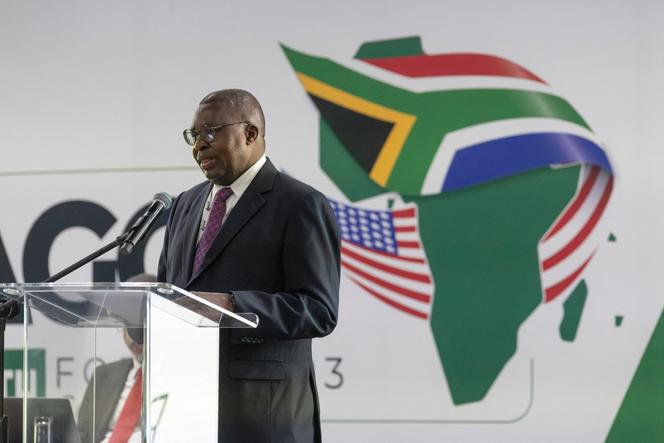

"Trade, not aid" was the slogan in vogue in the 1980s. It was a catchphrase brandished by former US president Ronald Reagan (in power from 1981 to 1989) to sum up his economic philosophy, particularly with regard to developing countries.
In 2000, Bill Clinton invoked the same principle when he introduced the African Growth and Opportunity Act (AGOA), an agreement designed to stimulate growth and reduce poverty in Africa. It allowed around 30 countries in the region to export thousands of goods tax-free to the US market.
With Trump, could Africa be entering the era of "no trade and no aid"? After the dismantling of the US Agency for International Development (USAID), of which the African continent was the primary beneficiary, should we expect AGOA's trade preferences to be called into question? The agreement is due to expire in September unless Washington agrees to extend it, as recommended by a bipartisan commission before Trump's election. It is a scenario that is now highly uncertain, given the protectionist credo of the current tenant of the White House.
Trump's trade attacks are currently focused on major partners such as Canada, China and the European Union. But the US president is "obsessed with trade deficits, which by itself makes AGOA vulnerable," wrote in February the Peterson Institute, an international economic think tank in Washington. In fact, the US is in deficit vis-à-vis sub-Saharan countries eligible for these reduced or zero tariffs: around $13.2 billion (€12 billion) in 2023.

You have 56.4% of this article left to read. The rest is for subscribers only.
